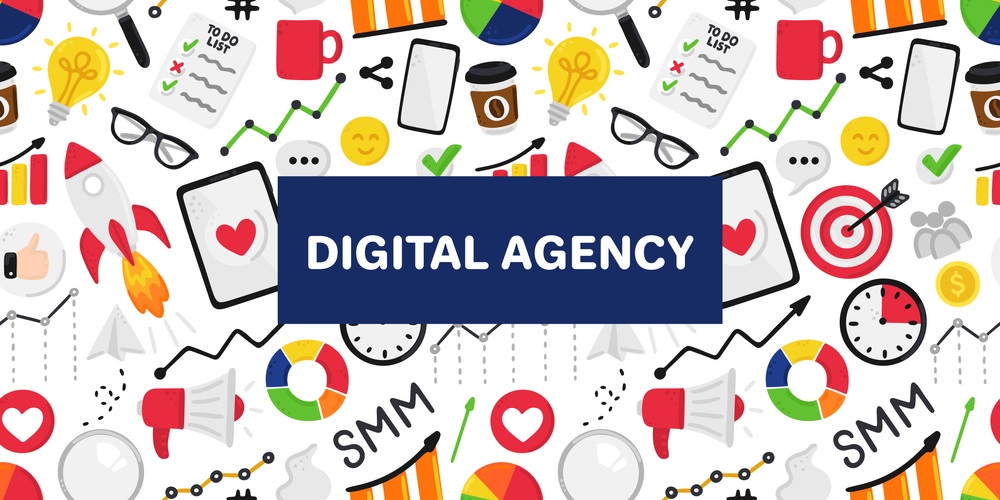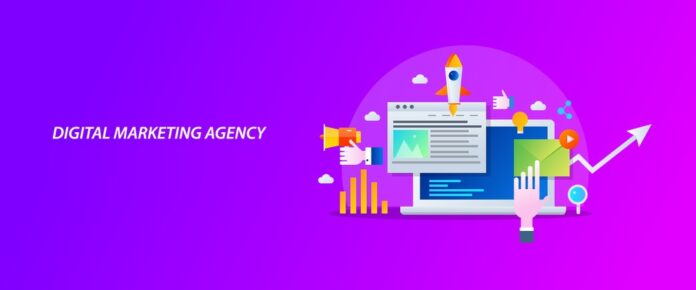Business leaders looking to leverage data to drive growth often have questions about the precise meanings and applications of terms like “data analytics” and “digital analytics agency.”
While related in their reliance on data, these two fields have diverged over the years as technology and business needs have evolved.
Getting clarity on the distinctions can help executives better grasp the value each approach offers.
Defining Data Analytics and Digital Analytics
Data analytics refers to techniques used to analyze structured and unstructured data to drive business insights and aid in decision making.
This encompasses a wide range of quantitative and qualitative approaches from basic business intelligence and reporting to predictive modeling and other advanced methods.
The key focus is deriving meaning from current and historical data.
Digital analytics focuses specifically on analyzing data associated with visitors’ behaviors and experiences on digital platforms – especially websites and mobile apps.
This can include metrics on traffic sources, engagement with site content, conversions, and user segmentation.
The emphasis is understanding the customer journey in the digital realm to optimize experiences and business outcomes.
Comparing Their Business Applications
While both utilize data to inform business strategy, data analytics and digital analytics serve distinct primary purposes:
- Data analytics extracts insights from all business data – sales figures, operational metrics, financials, etc. – to inform core strategic decisions and initiatives. It takes a broad, omnichannel view of the customer and business.
- Digital analytics focuses intently on how users specifically interact with digital properties to uncover opportunities to improve platforms and target content for maximum engagement and conversion.
For example, data analytics may identify a worrying year-over-year decline in sales for a certain product line.
Additional analysis into various sales drivers, operational changes, and market shifts would inform strategic planning around repositioning the product, reallocating marketing budgets to bolster demand, or developing new revenue streams.
Digital analytics would hone in on data tied specifically to the website and ecommerce conversion funnel for that product to pinpoint usability issues, confusing messaging, or friction points in the customer journey contributing to declining online sales.
Resulting platform enhancements, content changes, or promotion targeting could help boost online conversions.
So while data analytics takes a broad view to shape high-level strategy, digital analytics provides detailed insights to optimize specific touchpoints and interactions.

Vital Complements Driving Growth
Seen in this light, data analytics and digital analytics are best viewed as vital complements rather than competing alternatives.
Digital analytics gives granular visibility into the customer experience on websites, apps, and other digital properties.
Data analytics provides broader context to connect insights to overall business performance and shape foundational strategy.
Executives shouldn’t choose one or the other, but rather determine the right balance of focus between the two based on current business objectives, resources, and capabilities.
As digital channels only grow in importance, most modern businesses need competencies in both areas.By leveraging data analytics and digital analytics in tandem, companies gain multidimensional visibility to drive meaningful growth – from optimizing digital experiences to enhancing high-level decision making across the organization. The power is in the synergy between the two approaches.
